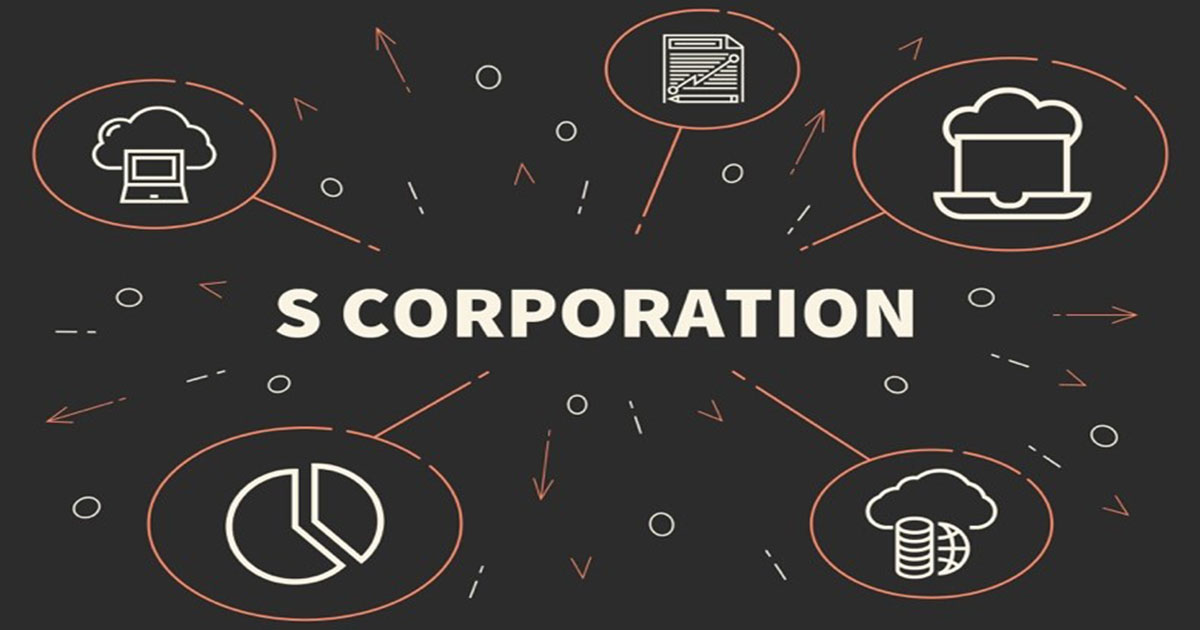Embarking on the entrepreneurial journey, whether as a seasoned veteran or a fledgling start-up, demands meticulous decision-making at every turn. One of the most pivotal choices confronting aspiring business owners is the selection of a suitable legal and tax structure. While the sole proprietorship route offers simplicity and autonomy, the S-Corporation presents an enticing alternative, characterized by its unique blend of benefits and opportunities for growth.
At the heart of the debate lies the fundamental distinction between the two structures. A sole proprietorship, often the default choice for budding entrepreneurs, is the simplest form of business entity. It entails no formal registration requirements, and the proprietor maintains complete control over business operations and decision-making. Conversely, the S-Corporation, a more sophisticated entity, must be registered with state authorities and adheres to specific operational and reporting obligations. However, the added layers of complexity bring forth an array of advantages that can significantly impact the business's trajectory.
Chief among the benefits of opting for an S-Corporation is the potential for substantial tax savings. Unlike sole proprietors, who are subject to self-employment taxes on all business profits, S-Corporation shareholders can divide their income into salary and distributions, thereby reducing their overall tax liability. By paying themselves a reasonable salary for their services and taking the remainder as distributions, shareholders can minimize their self-employment tax burden while still enjoying the benefits of business profits. In addition to the significant tax advantages inherent in the S-Corporation structure, this entity enables shareholders to deduct business expenses more effectively.
Furthermore, S-Corporations offer enhanced credibility and legitimacy in the eyes of potential investors and clients. The formalized structure, complete with a board of directors and established governance mechanisms, instills confidence in stakeholders and fosters an environment conducive to growth and expansion. Additionally, the ability to issue shares of stock enables S-Corporations to attract capital investment more easily, facilitating strategic initiatives and fueling long-term development.
Moreover, the S-Corporation structure provides increased protection against personal liability. While sole proprietors are personally liable for all business debts and obligations, S-Corporation shareholders enjoy limited liability, shielding their personal assets from the reach of creditors in the event of bankruptcy or legal action. This safeguard not only protects the shareholders' financial well-being but also instills peace of mind and confidence in the business's sustainability.
Beyond financial considerations, the S-Corporation framework affords greater flexibility and scalability. With the capacity to accommodate an unlimited number of shareholders, the structure is well-suited for businesses poised for rapid growth and expansion. Additionally, the ability to carry forward losses and deductions can offset future tax liabilities, providing valuable breathing room during periods of economic uncertainty or market volatility.
In conclusion, while the sole proprietorship may offer simplicity and autonomy, the S-Corporation represents a compelling alternative for entrepreneurs seeking to maximize their financial potential and position their businesses for long-term success. By leveraging the unique advantages of the S-Corporation structure, entrepreneurs can unlock new opportunities for growth, protect their personal assets, and navigate the complexities of the modern business landscape with ease.
Financial Enhancement Group is an SEC Registered Investment Advisor.


